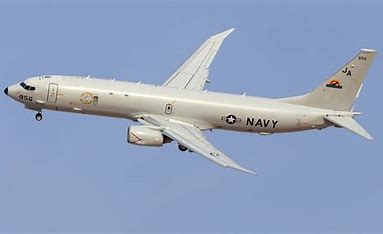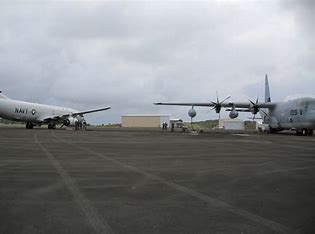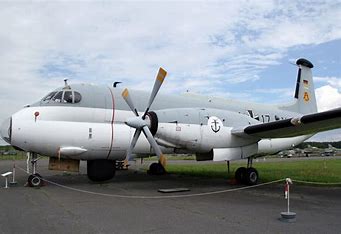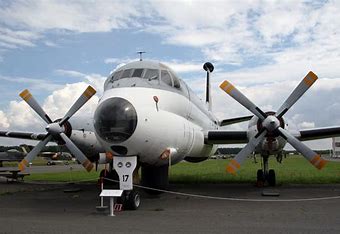
In the past week, NATO maritime patrol aircraft from France, Norway, and the United Kingdom have been intensely surveilling the waters off Ireland’s west coast, especially near Sligo and Donegal.

This increased activity is driven by concerns over suspected Russian submarine movements in this strategically important region of the North Atlantic.

Reports suggest that the surveillance is concentrated on areas housing critical infrastructure, including subsea cables and gas pipelines.

These undersea lines are lifelines of global communication and energy supply, making them potential targets for disruption by adversarial powers.
The operation, as noted by The Sunday Times, involves some of the most advanced anti-submarine warfare equipment in NATO’s arsenal.

The Royal Air Force has deployed its Boeing Poseidon P-8 aircraft— a platform renowned for its sophisticated anti-submarine warfare and anti-surface warfare sensors.
These sensors provide the aircraft with the capability to patrol large swaths of the maritime domain, ensuring a protective watch over the seas around the UK and beyond.

France has contributed with a Bréguet 1150 Atlantic plane operating off the Clare coast, while a collaborative effort from British and Norwegian forces has been directed towards the coastal waters off Sligo and Donegal.

In the murky domain of undersea warfare, Ireland’s strategic location is both an asset and a vulnerability.
Approximately 97% of global communications travel through the dense network of undersea cables crossing the Atlantic, with Ireland serving as a key nexus.
Past incidents, such as the spotting of the Russian intelligence ship Yantar near Irish coasts in August 2021, have only added to the concerns about Russia’s intentions in the region.
NATO’s military response is not only about the present threat but also the broader implications of potential sabotage.
European intelligence agencies have speculated about Russia’s preparations for acts of sabotage in EU states, especially with European elections on the horizon.
The current operation, although not explicitly confirmed by NATO, reflects a proactive stance to deter potential threats. Meanwhile, Ireland finds itself in a challenging position.
The country’s lack of maritime defense capabilities has necessitated reliance on its allies to secure its surrounding seas and critical infrastructure.

